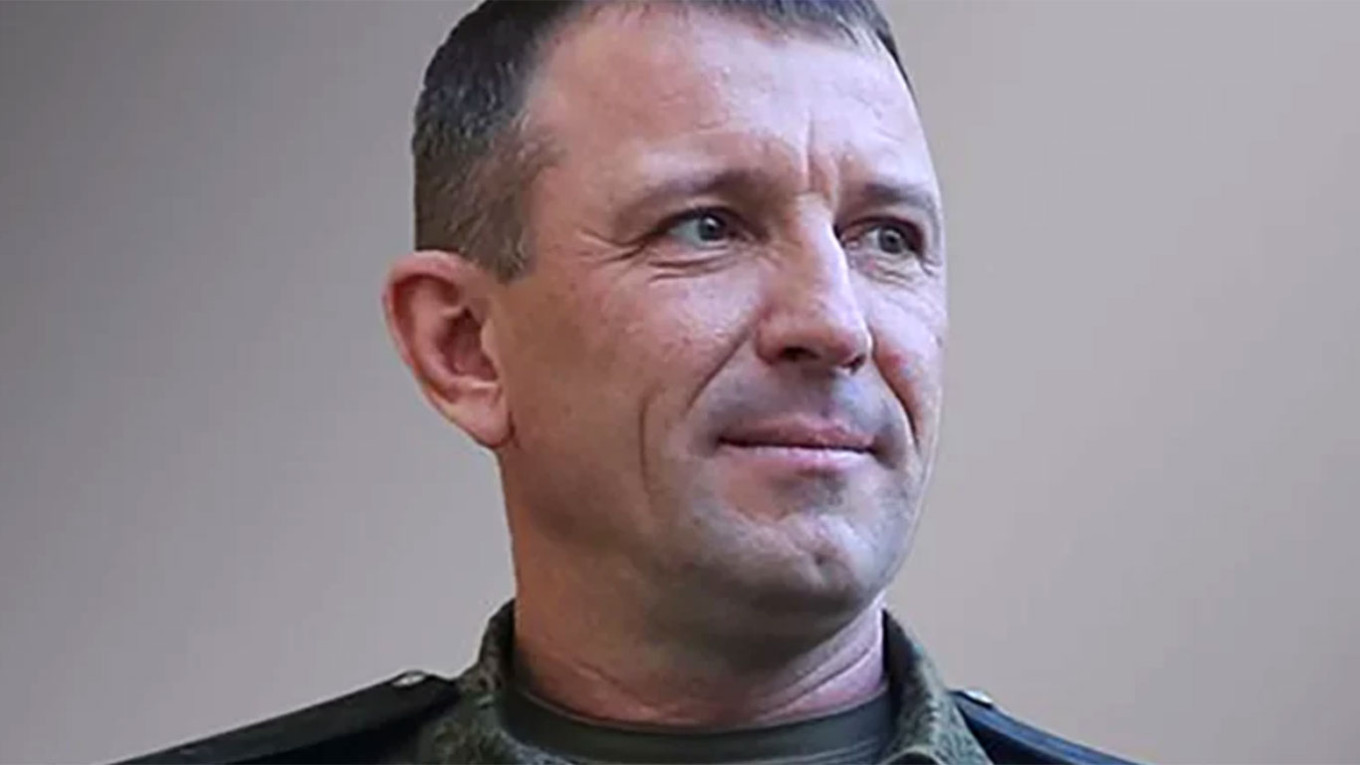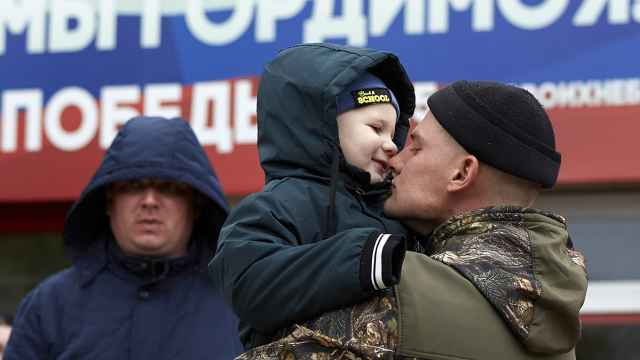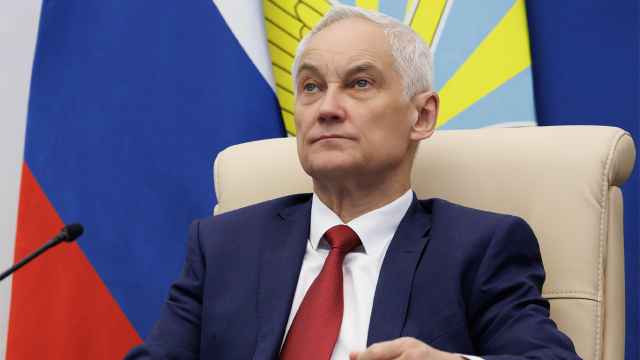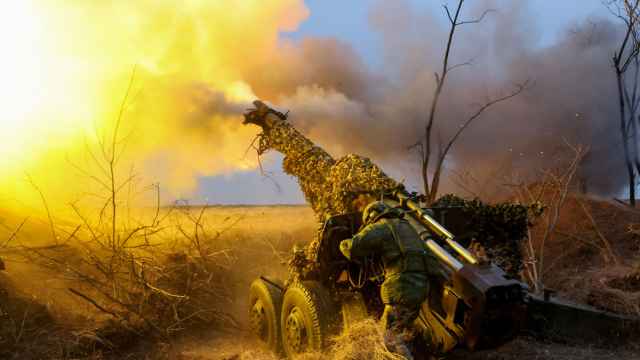A Russian army general was heard railing against his superiors for “treacherously decapitating” the military after his dismissal in an audio message shared by a federal lawmaker late Wednesday.
The speech criticizing Russia’s military leadership marks the first publicly known instance of a regular army officer voicing disaffection after Wagner’s failed mutiny last month — which aimed to topple Russia’s top brass.
“I called a spade a spade,” Major General Ivan Popov said in the message published on the Telegram messaging app by State Duma lawmaker and former military commander Andrei Gurulyov.
Popov said he was relieved of his role as commander of the 58th Combined Arms Army after reporting on the military’s problematic issues directly to the Defense Ministry.
“I called attention to the main tragedy of modern warfare — a lack of counter-battery fire, a lack of artillery reconnaissance stations and the mass deaths and injuries of our brothers by enemy artillery,” he said.
Popov noted that Defense Minister Sergei Shoigu “sensed some kind of danger in me” from his candid approach and “signed an order in one day to get rid of me.”
“As many commanders said today, our army could not be penetrated by the Ukrainian Armed Forces on the frontline, it was hit from the rear by our senior chief, treacherously and nefariously decapitating the army at the most difficult and tense moment.”
Popov said Lieutenant General Denis Lyamin took command of the 58th Combined Arms Army in his place.
It was not immediately possible to independently verify the identity of the voice in the widely shared message.
But Gurulyov, who shared the audio, commanded Popov’s army in the early 2010s.
Gurulyov was promoted to deputy commander of the North Caucasus-based Southern Military District in 2016-2019 during Russia’s intervention in Syria, and he was then elected to Russia’s lower-house State Duma in 2021.
He is now a regular fixture on Russia’s state-run political talk shows.
Problems within Russia’s conventional army were the formal reason why Wagner mercenary leader Yevgeny Prigozhin staged his June 23-24 rebellion.
Prigozhin promptly negotiated an end to the crisis in exchange for the Kremlin dropping criminal mutiny charges against him and agreeing to go into exile in neighboring Belarus.
A senior general who commanded Russia’s forces in Ukraine last fall and winter, Sergei Surovikin, has disappeared from public view after the aborted Wagner revolt.
Reports suggested Surovikin has been arrested, while the Defense Ministry and the Kremlin remain silent on his whereabouts.
Wagner’s largely unimpeded march toward Moscow on June 24 was accompanied by unconfirmed reports of a number of conventional army soldiers tacitly supporting the rebellion.
A Message from The Moscow Times:
Dear readers,
We are facing unprecedented challenges. Russia's Prosecutor General's Office has designated The Moscow Times as an "undesirable" organization, criminalizing our work and putting our staff at risk of prosecution. This follows our earlier unjust labeling as a "foreign agent."
These actions are direct attempts to silence independent journalism in Russia. The authorities claim our work "discredits the decisions of the Russian leadership." We see things differently: we strive to provide accurate, unbiased reporting on Russia.
We, the journalists of The Moscow Times, refuse to be silenced. But to continue our work, we need your help.
Your support, no matter how small, makes a world of difference. If you can, please support us monthly starting from just $2. It's quick to set up, and every contribution makes a significant impact.
By supporting The Moscow Times, you're defending open, independent journalism in the face of repression. Thank you for standing with us.
Remind me later.






